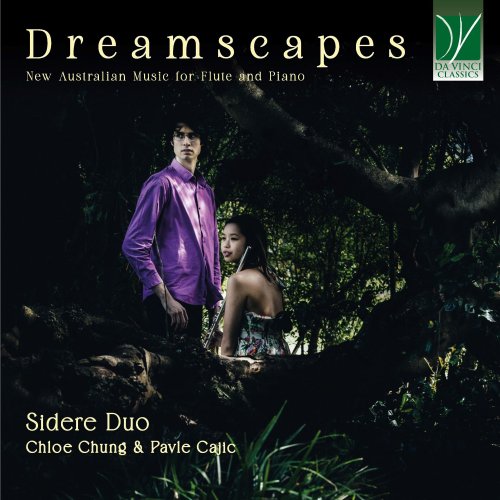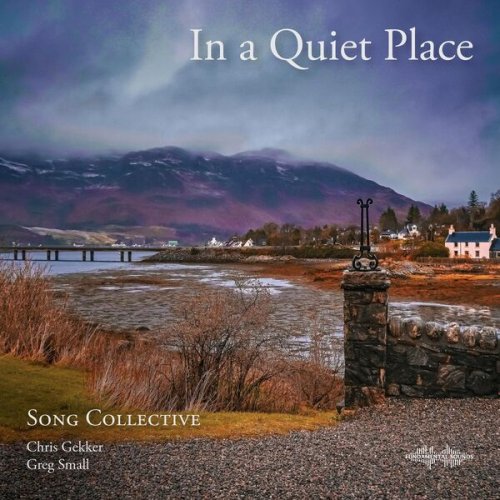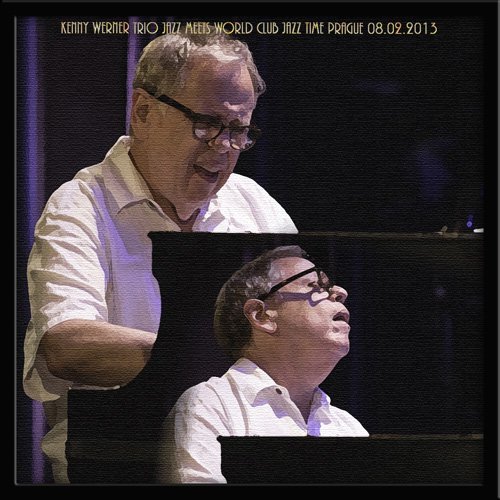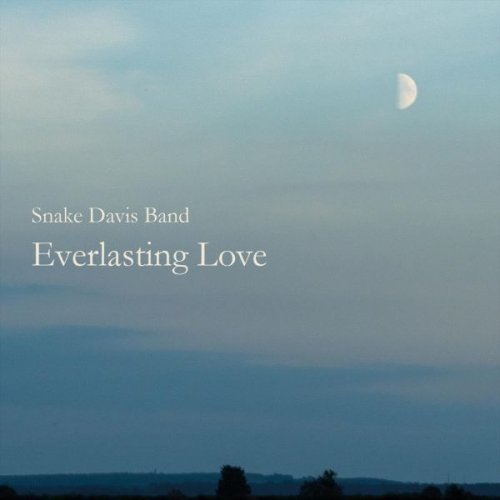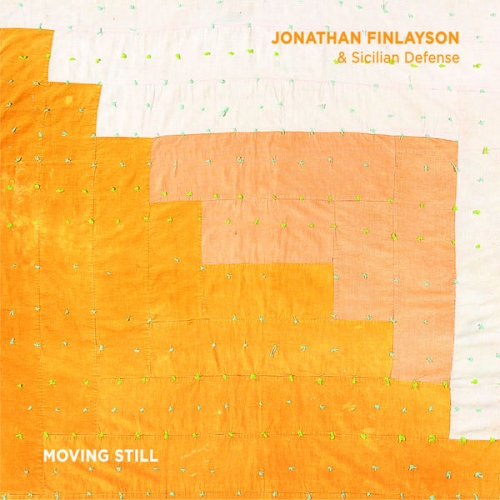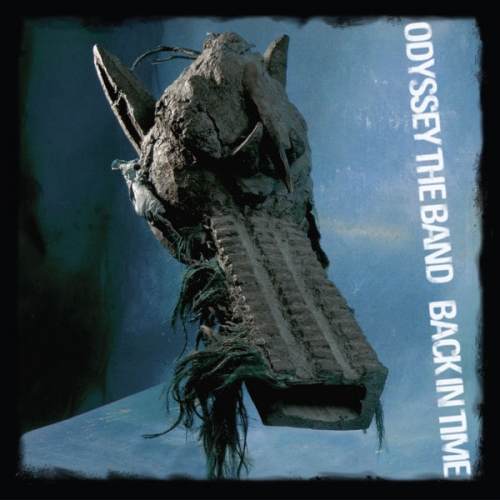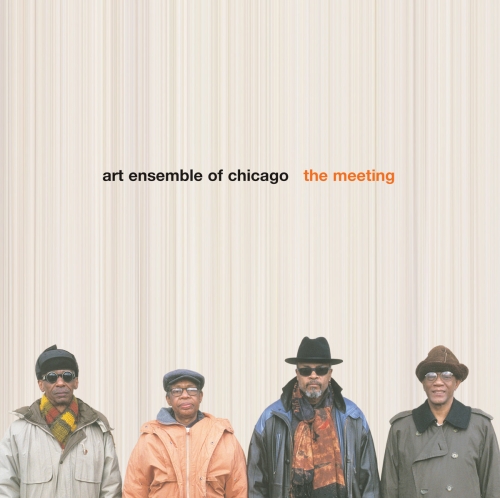Artist:
Chloe Chung, Pavle Cajic, Sidere Duo
Title:
Dreamscapes: New Australian Music for Flute and Piano
Year Of Release:
2024
Label:
Da Vinci Classics
Genre:
Classical
Quality:
FLAC (tracks) [96kHz/24bit]
Total Time: 1:01:19
Total Size: 1.03 GB / 219 MB
WebSite:
Album Preview
Tracklist:1. Sidere Duo, Chloe Chung & Pavle Cajic – Kindness Sprinkles (04:16)
2. Sidere Duo, Chloe Chung & Pavle Cajic – A Shower Of Sunbeams (05:06)
3. Sidere Duo, Chloe Chung & Pavle Cajic – Ode To The Reef (05:05)
4. Sidere Duo, Chloe Chung & Pavle Cajic – Sky Prelude (03:32)
5. Sidere Duo, Chloe Chung & Pavle Cajic – Weathered (08:44)
6. Sidere Duo, Chloe Chung & Pavle Cajic – Through The Eyes Of A Dragonfly (08:16)
7. Sidere Duo, Chloe Chung & Pavle Cajic – Ballade (14:07)
8. Sidere Duo, Chloe Chung & Pavle Cajic – Romance (07:42)
9. Sidere Duo, Chloe Chung & Pavle Cajic – Eternity (04:26)
Sidere Duo’s debut album, Dreamscapes, extends an invitation into their imaginative realm, featuring original compositions by the artists and their collaborators. The pieces range from fervent romantic expressions to rhapsodic improvisations and vivid portrayals of treasured Australian landscapes.
In this album, Pavle, composer and pianist, presents three new compositions for flute and piano. “A Shower of Sunbeams” joyfully evokes the natural beauty and vibrancy of Australia’s coral reefs. “Sky Prelude” depicts the shifting colors of the sunset sky, inspired by a poem from a solitary observer during the COVID-19 lockdowns. “Ballade” is a grand, romantic epic that explores the expressive potential of the flute, with the piano serving as an equal partner in this dramatic love narrative, reminiscent of Frederic Chopin’s Ballades.
The album also features contributions from three other Australian composers, each offering personal interpretations of similar themes. Kate Reid’s “Ode to the Reef” mourns the destruction of Australia’s reefs due to global warming. Jolin Jiang’s “Weathered” draws from the composer’s Taoist experiences with water and the ocean. Ennes Mehmedbasic’s “Romance” is an intimate vocalise. Additionally, Chloe contributes three evocative pieces brought to life through improvisation: “Kindness Sprinkles”, “Through the Eyes of a Dragonfly”, and “Eternity”, the latter of which concludes the album with the unfolding of a slow musical motif that appeared to her in a dream.
This album successfully challenges some of the (arbitrary) tenets of many contemporary (or perhaps not-so-contemporary anymore) avantgardes. Every generation, in art as it is in life, tends to refute the values and principles of their immediate ancestors, sometimes turning their attention back to their grandparents’ world or to an even earlier epoch. This permits to human beings to both cultivate tradition (“the democracy of the dead”, as Chesterton defined it) and to surpass it in innovative fashions.
In Europe, indeed, a new wave of younger composers in the third Millennium is trying and finding languages which, without renouncing modernity, can be more palatable and certainly more communicative than those of the late twentieth-century avantgardes. The emphasis put by the Darmstadtians and post-Darmstadtians on structuralism and formalism failed to conquer the audiences’ hearts; people want music to give them emotions, to be moved by it.
This is what this album is not afraid of doing: finding and proposing a unique musical perspective (notwithstanding the variety of styles of the different composers contributing to it). These composers also dare question another seemingly intangible dogma of
contemporary music, i.e. that music “signifies” nothing. And this in spite of generations of composers, performers, and listeners, who have felt, and at times even codified, the “meaning” of music. Here, again, the wisdom of old is recovered, and most pieces in this album boldly proclaim their extra-musical inspiration.
Many of its titles are related to nature and to natural phenomena; and this is possibly the interpretive key for this whole endeavour. After the dizzying intoxication of technicism and modernism, where machines seemed to be the only future of humankind, today we are (all too slowly) recovering an experience of nature, which, at times, also leads human beings to an experience of the supernatural. For the Romantics, the connection between natural and supernatural was self-evident, and very frequently music was the mediating power between them. Most pieces of this album operate in the same fashion, and this seems to be one of the explicit purposes of the duo’s very existence. Their name, Sidere, derives from the Latin sidera, “stars”; a compound form of sidera is desiderium, literally meaning an aspiration to stars, and etymologically at the root of the English word “desire”. The contemplation of the stars leads human beings to the contemplation of infinity, and of what this may signify.
In all of these experiences (the respectful observation of nature, taking inspiration from it, and going beyond it up to transcendence), these Australian artists have probably much to teach to an all-too-Eurocentric Classical music world. There is a much deeper and closer experience of nature in Australia and Oceania; the Austral sky is perhaps more mysterious and suffused with enchantment than its Boreal counterpart. A continent which has a much more recent experience of technicism with respect to Europe is likely to have preserved, at least in part, the dimension of wonder and enchantment which has always caught human beings when they observed the beauty of nature. Thus, as the artists themselves state, the Duo’s name “captures [their] ongoing fascination with music, and its ability to transport us along endless cycles of wonder and play”.
Whilst some aspects of Romantic and Impressionist music will be recognizable in the works recorded here (whose broad emotional palette encompasses dreamy worlds, witticism, and powerful expression), the conquests of contemporary music are far from ignored. New playing techniques, pioneered in avantgarde pieces, are put here in the service of communication and expressiveness.
Chiara Bertoglio © 2024
